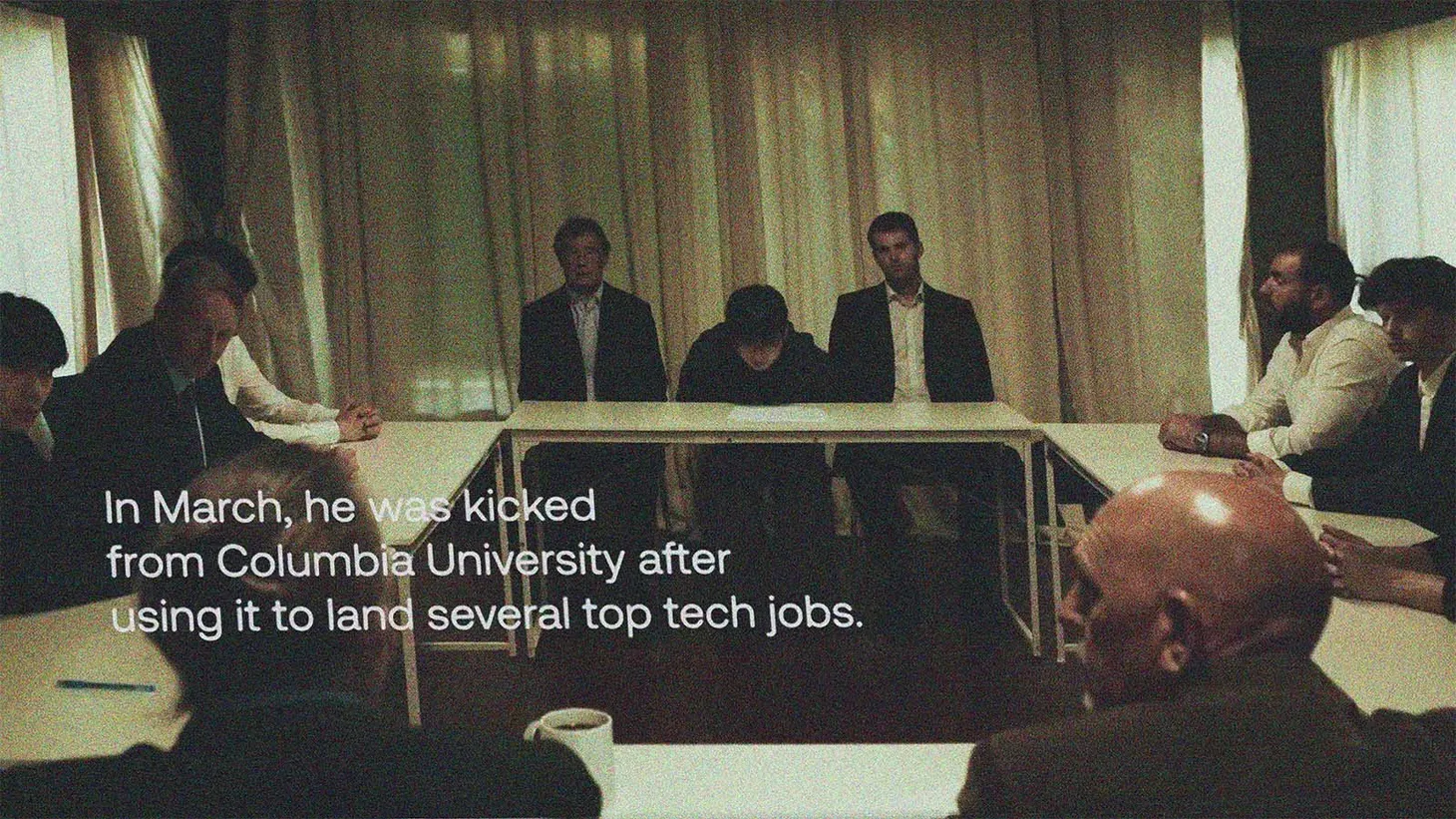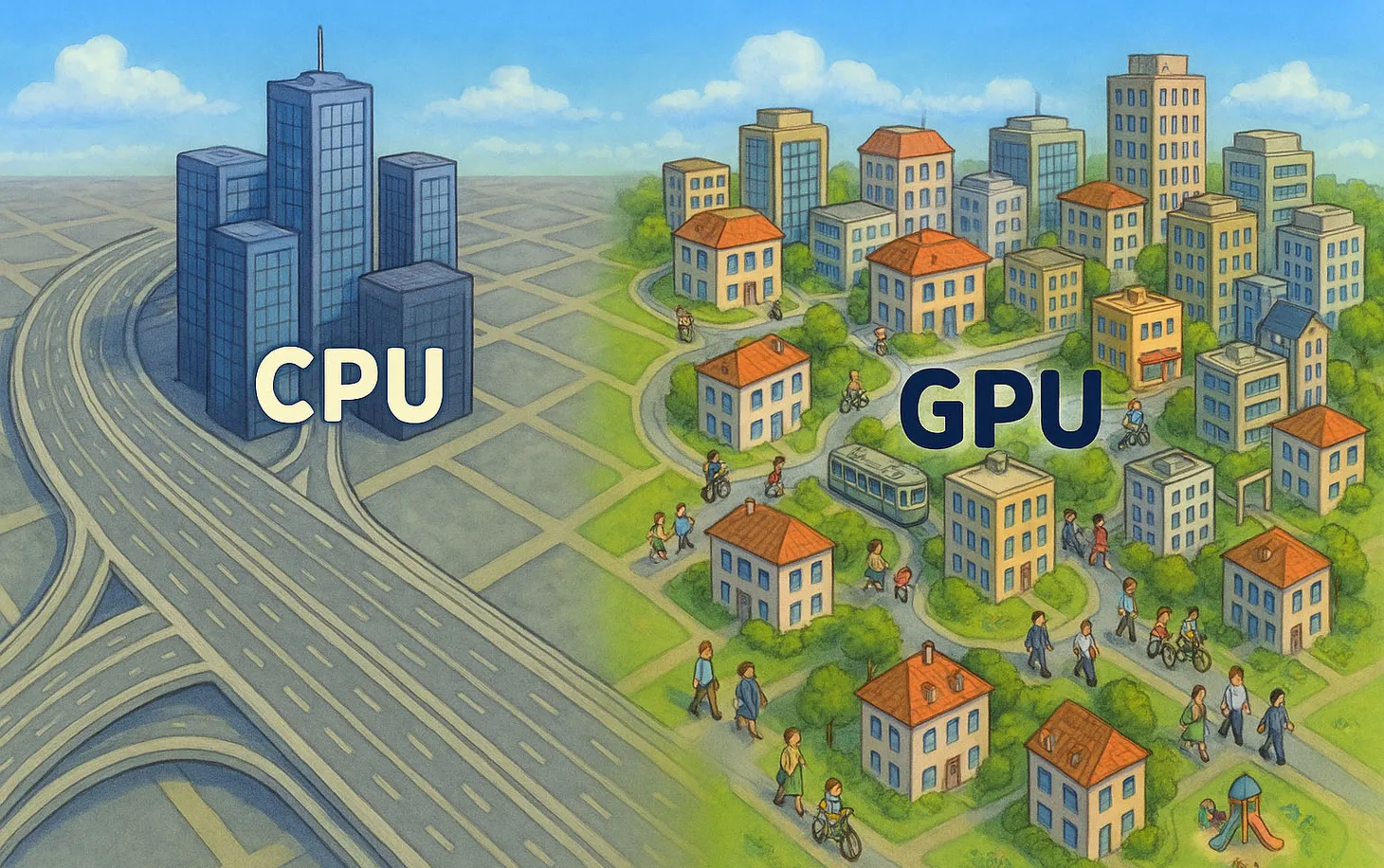NVIDIA: The Distributed Rocketship
The world's most innovative hardware is developed "from home."

🗞️ I spoke to The Washington Post about what can be done with all the empty offices. Read the full piece here.
🎧 The audio version of this article is available on Spotify, Apple Podcasts, and beyond.
This company cannot exist. As this great Tweet from Adam Singer points out, its market capitalization is up more than 240% this year and recently passed $1 trillion. It cannot exist not because it is so big but because it is so distributed.
Nvidia recently reported revenue of $13.5 billion per quarter, doubling its performance in the previous quarter last year. It is now the fifth most valuable company in the U.S. and sixth in the world. It achieved these results by being the main provider of the infrastructure that powers the current boom in artificial intelligence. Over the past few years, Nvidia designed and brought to market the chips and software used to train and deploy ChatGPT, Midjourney, Claude, Bard, and other popular AI models.
The company managed to 10X its value in less than three years while maintaining a positive and pleasant work environment. Last year, Glassdoor ranked Nvidia as America's best workplace based on employee feedback. In a separate survey, 97% of Nvidia employees said it was a great place to work — compared to an average of 57% at typical U.S.-based companies.
Generation-defining innovations. Incredible financial success. Happy employees. How did Nvidia do it?
Not by bringing everyone back to the office.
It embraced remote and distributed work more than any other tech giant. At the heart of the COVID-19 lockdown, in May 2020, CEO Jensen Huang was asked by a journalist, "What do you think of letting employees work out of their homes forever?" Huang responded:
I got no trouble with it. And I think that there’ll be a lot of our employees who will choose to want to work from home many days during the week, and they would still want to go in because maybe they’ll have co-op meetings. Maybe there is some really close collaboration meetings that they’d have to do. Maybe go into a lab or just go hang out, take a day off. Ha, we’ll take a day off of work and go to the office...
You’re going to get all of that kind of stuff. Some of it is going to be for social reasons. Some are for collaboration. Some of it because you have to physically be there for the lab. But I think we’re going to have people who work from home a couple of days a week, three days a week, four days a week. And I’m perfectly comfortable with all that. And I think digital technology is going to continue to advance. There’s no question we’re going to do this. We’re going to do video conferencing and VR. And we’re going to get much better, much better AI-assisted video conferencing systems and augmented reality video conferencing systems. You know, there’s gonna be all kinds of new innovations in this in this area.
Nvidia's CEO nailed it. Back then, some people thought he was talking his own book. Nvidia's chips are used in a variety of online collaboration tools for work and leisure (gaming), and Huang was trying to hype up the vision of continued online interaction.
But these were not empty words. The company has hundreds, perhaps thousands, of fully remote positions in 33 countries and across more than 100 locations. Beyond formal remote and hybrid policies, Nvidia employees report that how and where they work is mostly decided at the team level. This is the epitome of trends I've described over the past few years, where the most innovative companies must become more distributed, and the office becomes a network rather than a place. Huang's comment also alluded to the unique relationship between AI and remote work: Intelligent collaboration tools make it easier to collaborate online across a growing number of tasks, and digital collaboration makes it easier for intelligent agents to step into human workflows and take up more of the work.
It is ironic that while financial fee collectors like Blackrock and Goldman Sachs insist they're unable to "innovate" unless everyone comes back to downtown or midtown Manhattan, companies like Nvidia are literally reinventing the wheel by empowering teams and individuals to do what works best for them. Embracing this approach didn't just enable Nvidia to continue to innovate through lockdown; it made the company better. In 2022, CEO Jensen Huang commented on how work at Nvidia has changed:
Nvidia has moved faster in the last couple years than potentially its last 10 years combined. And it’s possible that we’re very comfortable being a digital company.
It’s possible that we’re quite comfortable working remotely and collaboratively across the whole planet. It’s quite possible that we work better actually when we allow our employees to choose when they’re most productive and let them optimise, let mature people optimise their work environment and their work timeframe and their work style around what best fits for them and their families.
And so it’s very possible that all of that is happening. It’s also absolutely true that it has forced us to put a lot more energy into the virtual work that we do. For example, the work around Omniverse really went into light speed in the last couple of years because we needed it. Instead of being able to come into our labs to work on our robots, or go on to the streets to test our cars, we had to test them in virtual worlds, in digital twins. And we found that we could iterate our software just as well in digital twins, if not better.
Imagine that. Developing physical products in a digital environment. Testing physical products in a digital environment. And not just as a gimmick but as a business that generates incredible financial returns. If you still think the old normal is coming back, I have a bridge to sell you in the metaverse. Or an office building in midtown with a 2019 valuation.
Have a wonderful weekend.

🎤 How will AI reshape our cities, companies, and careers? My speaking schedule for the year is filling up. Visit my speaker profile and get in touch to learn more.
Dror Poleg Newsletter
Join the newsletter to receive the latest updates in your inbox.




